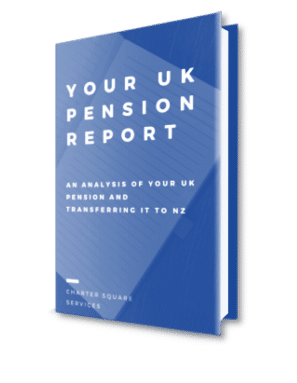People of all ages are getting out of their final salary and defined benefit pensions in the UK, and the numbers are unprecedented. Spurred on by massive pension valuations, attractive incentives, failing companies and flexible access 80,000 people transferred last year, and 120,000 are estimated to follow this year.
The Pensions Regulator’s estimated 80,000 defined benefit transfers occured from April 2016 to March 2017 (see here). That number is forecast to increase 50% this year with one major UK pension provider estimating 120,000 transfers this year.
Failing schemes and dodgy deals are driving people out as they take control of their UK pensions
Barclays paying out £4.2bn in pension transfers from its own final salary pension scheme during 2017 as a result of this according to the bank’s annual report. That’s a staggering 10% of the total Barclay’s pension fund.
Some might argue the circumstances of Barclays are unique: the bank is separating into two parts the traditional banking operations and the higher risk investment bank. And they want to put the pension scheme into the riskier investment bank creating great risks for those still in the pension scheme.
But these restructures are driving people, in numbers never seen before, to review their pensions, like holders of Aviva and British Steel pensions. Why? Because if the company collapses then the pension holders are left with no option but to have their pension end up in the Pension Protection Fund (PPF). While the PPF is a great back stop, as it guarantees you get at least 90% of the pension, it removes any ability for pension holders to control their own pensions. Once you are in the PPF you are there for life…no flexible access, no control
People are now paying more attention to their current and former employers financial status and governance and whether their pensions are and will continue to be safe.
Over 10% of the companies on the FTSE 100 have a pension deficit of greater than GBP1billion. These household names include:
- Astra Zeneca
- BAE Systems
- BP
- BT
- Centrica
- GKN
- GlaxoSmithKline
- Imperial Brands
- Rio Tinto
- Royal Dutch Shell
- Tesco
- TuiAG
- Unilever
And while these companies have large absolute deficits, over 20% of the FTSE 100 companies have less than 80% of the assets in their pension schemes needed to fund the payments they have promised to members.
The previous trust that people had that companies would provide a retirement and look out for their staff has been shattered. Large corporate collapses, like Carrillion and BhS have shown that shareholders interests have been put ahead of pension holders. This wake up call is driving people to take control of their own destiny, and not leaving it to corporate UK.
The first step in getting control over your pension is understanding the status and value of the pension and the company providing it. Take action now and contact us so we can help you understand your options and ensure you do the right thing with your UK pension.



